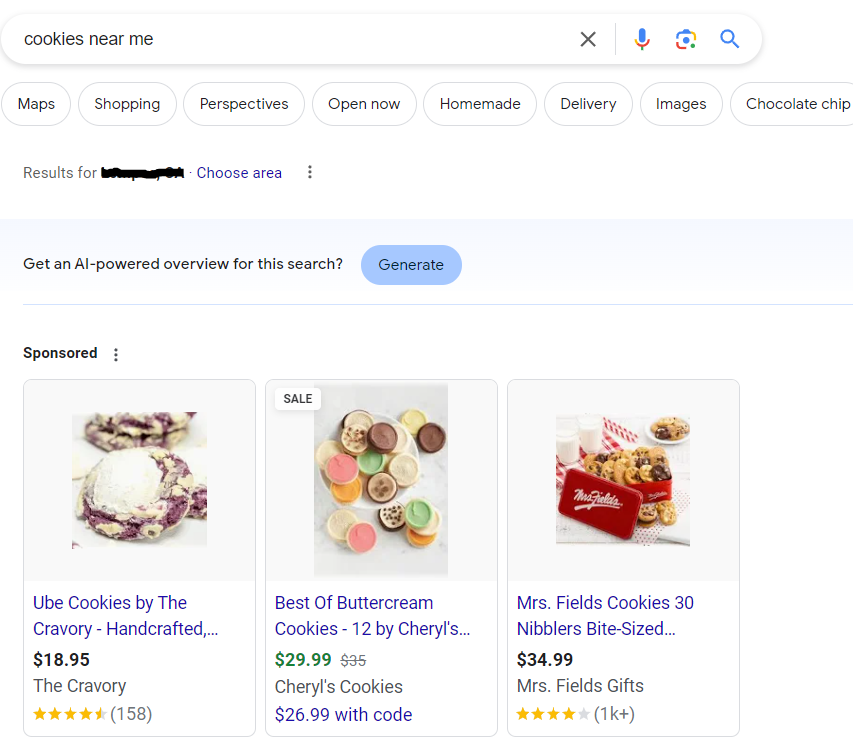💡 DIY Computer Fixes?
Grab my easy step-by-step guide and keep your computer running like new.
Problem with Google search
Problem with Google search
The Illusory Algorithm: Why Google Isn’t Your Personal Search Fairy Godmother
Problem with Google search
We tap our fingers on our smartphones, whisper questions into smart speakers, and rely on Google’s omniscient search bar like a modern-day oracle. But amidst the seemingly effortless stream of answers, a crucial truth often hides: Google isn’t here to help you find what you’re looking for. It’s here to make money.
While this may seem like a cynical take, it’s crucial to understand the core operating principles of every business, including Google. Google, despite its benevolent “Don’t Be Evil” motto, is still a corporation that needs to turn a profit to survive. And what is its main source of revenue? Advertising.
Problem with Google search
Now, ads on Google aren’t inherently bad. They fund the free services we enjoy and allow creators to monetize their content. But here’s the rub: those shiny banners and enticing text ads above organic search results? They’re paid placements, not the “best” answer chosen by some impartial algorithm.
The top spot on Google is a bidding war, an auction where companies throw money at keywords in hopes of capturing your attention. The more they pay, the higher they climb in the search hierarchy, often eclipsing genuinely relevant and informative websites that lack hefty marketing budgets.
Problem with Google search
This creates a deceptive, tilted playing field. The websites we see first might not be the most accurate, useful, or trustworthy. They might simply be the ones with the deepest pockets, pushing their agendas while masquerading as objective results.
Think of it like searching for a local mechanic. The top result might not be the skilled, honest shop around the corner, but the one that paid the most to appear first. Or searching for health information: the prominent result might be a sponsored article from a pharmaceutical company, not a peer-reviewed study or a genuine medical professional.
Problem with Google search
This isn’t just a theoretical concern. Studies have shown that paid search results can be misleading, biased, and even harmful. They can misrepresent facts, promote unproven products, and prey on vulnerabilities. I had a client call me after being scammed. The client had searched Google for “Hoover vacuum cleaner repair. The next thing they knew, they had allowed a scammer to access their computer. A recent investigation by ProPublica revealed how Google’s ad placement algorithm perpetuated discrimination against minority-owned businesses in housing searches.
So, how do we, the internet’s unsuspecting voyagers, navigate this murky landscape and ensure we’re finding the information we truly need? Here are some essential tips:
1. Become a Skeptical Surfer: Don’t trust the first result blindly. Look beyond the paid ads and venture deeper into the organic search results. Pay attention to website URLs and domain names. Sites ending in .edu or .gov are often more reliable sources than those with generic .com names.
2. Cross-Check Your Findings: Don’t rely on one source alone. Compare information from multiple websites, especially for sensitive topics like health or finance. Look for diverse perspectives and references to credible sources like academic journals or reputable news organizations.
3. Be Wary of Clickbait: Headlines designed to trigger curiosity or outrage are often red flags. Avoid websites that rely on sensationalism or emotional manipulation. Look for factual, objective language and clear evidence to support claims.
4. Embrace Critical Thinking: Don’t let the algorithm do your thinking for you. Question every source, analyze biases, and think critically about the information you consume. Develop your own ability to discern credible sources from marketing pitches.
5. Go Beyond Google: While Google is the dominant search engine, it’s not the only option. Explore alternative search engines like DuckDuckGo, which prioritizes privacy and organic results. Consider niche search engines like Ecosia, which focuses on sustainability, or Startpage, which anonymizes your searches.
Ultimately, Google’s mission to “organize the world’s information and make it universally accessible and useful” comes with a caveat: accessibility doesn’t always equate to usefulness. We, the users, must become savvy navigators, equipped with critical thinking skills and a healthy dose of skepticism.
By understanding the underlying motives of the search engine giants, we can reclaim agency over our online experience. Let’s not be passive consumers of information but active explorers, armed with the tools to sift through the noise and find the gems that truly enrich our lives.
Remember, Google is a tool, not a genie.
While it can be a powerful resource, it’s up to us to use it responsibly and critically. By demystifying the algorithms and reclaiming our digital autonomy, we can navigate the web with greater awareness, ensuring that our search for knowledge yields not just answers but genuine understanding.




